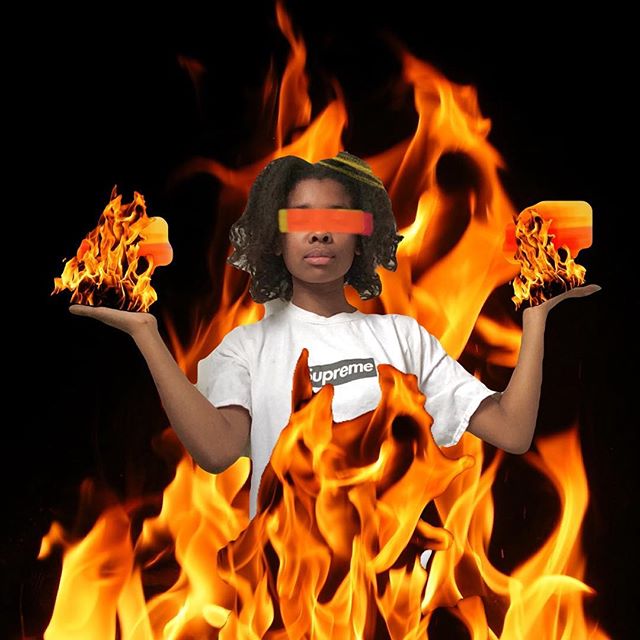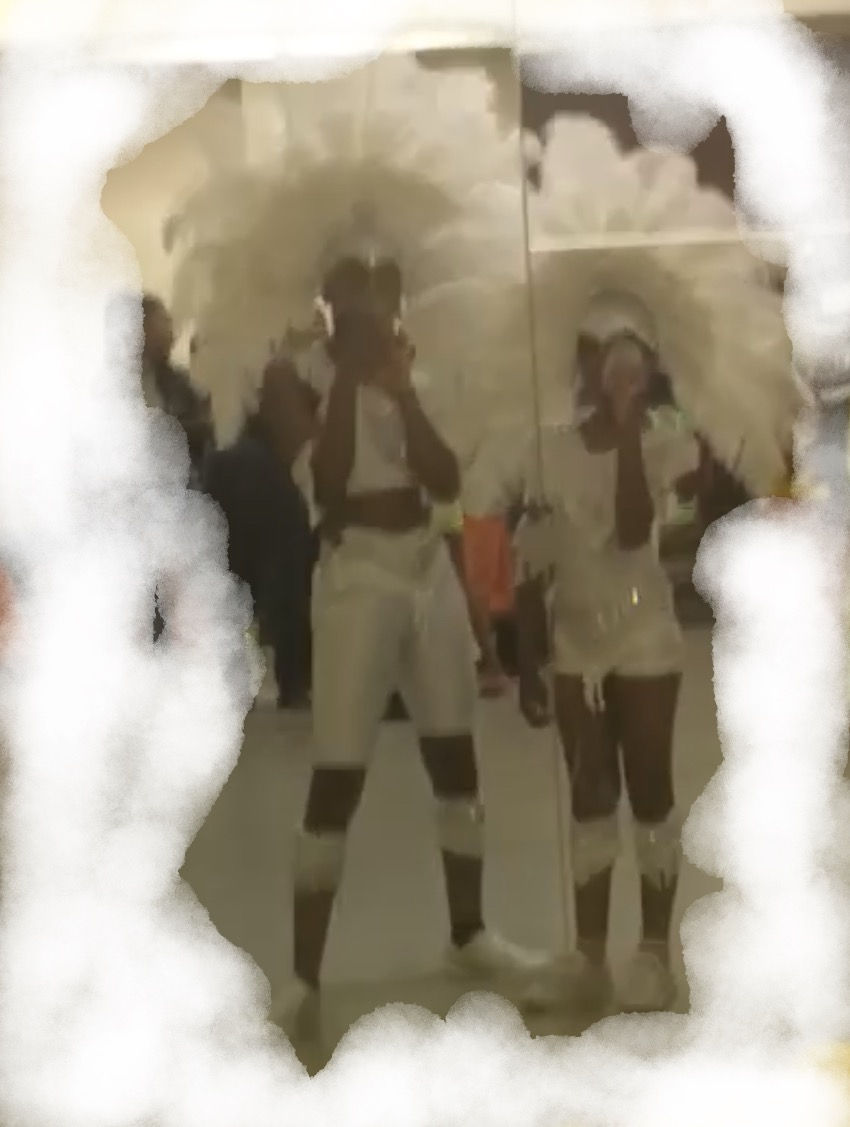
It’s All Connected: A Reflection on Freedom and Collective Power
- Imani Ahiro

- Aug 5, 2025
- 4 min read
I went to watch The Line We Crossed Documentary By Liz Smith at Phoenix Cinema recently, and I haven’t stopped thinking about it since.
The film was deeply moving — not just because of its message, but because of what it stirred in me. It led to a conversation with my Uber driver right after, where we talked about politics, Free Palestine, Black Lives Matter, Climate Change and resistance. It reminded me how interconnected all our struggles really are.
The Line We Crossed is a British documentary drawn from the front lines of climate resistance. Through personal stories and direct action, it traces the quiet but powerful erosion of our protest rights. It asks bold questions:
What makes dissent effective?
Where is the line — the one we’re not supposed to cross?
And who gets to draw it?
It’s not just a film about climate change. It’s about the right to speak up. The right to act. The right to resist. And that, of course, touches every fight — from climate justice to anti-colonial struggles, to those resisting genocide and oppression around the world.
During the Q&A that followed the screening, with the people featured in the documentary, what hit me the hardest was this truth:
It’s all connected.
We’re often made to feel like we have to choose which cause to care about. That there’s only space for one crisis at a time. But that’s not true. These struggles are not in competition — they are interwoven. Climate change, Palestine, Indigenous rights, Black liberation, the cost of living, protest laws — they’re all threads in the same fabric.
It can feel overwhelming, I know.
So many issues. So much injustice.
But connection is part of the solution.
Start small:
Petition your local cinema to screen The Line We Crossed.
Talk to your local MP.
Join or support grassroots groups doing the work.
Speak to people around you — your friends, your neighbours, your Uber driver.
Because movement grows through conversation. Through awareness. Through solidarity.
And I want to find ways we can connect more — across causes, across borders, across communities. That’s what the film stirred in me: a deep need for collective action rooted in compassion and understanding.
We can’t do everything alone. But together, we are powerful.
In Defence of Disruption
Watching The Line We Crossed didn’t just move me — it galvanised me. It lit something in me that’s now fuelling my planning, my thinking, and my drive. But what stayed with me most was the sense of community. The reminder that no one resists alone.
The people in the film — those involved with Just Stop Oil — talked about how they never protest without support. Before slow walks or direct actions, they had legal observers, training, and grounding exercises. Their actions weren’t reckless; they were intentional, prepared, and collective. That matters.
I understand that people get frustrated with protesters. That it’s “inconvenient.” That being stuck in traffic or delayed on the way to work feels unfair.
But here’s the truth:
Protest is inconvenient.
It’s meant to be.
We are fighting against systems that are far more than inconvenient — they are violent. Climate change is already destroying communities across the Global South. Colonial legacies continue to dispossess, displace, and extract. These aren’t distant threats; they are lived realities.
So yes, I’m sorry if someone gluing themselves to the road made you late.
But I’m more sorry for the millions already losing homes, water, food, and lives due to climate catastrophe and systemic injustice.
Protest that doesn’t disrupt doesn’t get noticed.
Change doesn’t happen when we stay polite, silent, and obedient.
Peaceful protest doesn’t mean quiet.
And real transformation?
It often requires discomfort.
We have to stop centring inconvenience and start centring urgency.
That’s what this film reminded me. And I’m holding onto that.
Yes — Protest Does Work
Something else I want to make really clear:
These kinds of protests do work.
The film, The Line We Crossed, documents direct actions led by Just Stop Oil — and it shows how those actions contributed to real wins. One of the major victories was the halt to new oil and gas exploitation licences. That didn’t happen because people asked nicely. It happened because people showed up, disrupted, and cost the powerful money.
Direct action hits where it hurts — the pockets of those who profit from destruction. If the financial loss caused by protest outweighs the potential profit, they will stop.
Because money speaks.
And we speak.
And we can stand together.
But I also want to acknowledge the fear many people carry — fear of the consequences of protesting. Fear of arrest. Fear of police violence. Fear of not knowing your rights.
That fear is real.
Part of dismantling it is education.
Training.
Preparation.
In the film, the Just Stop Oil activists didn’t just show up. They trained. They grounded. They had legal observers. They supported each other. That’s community resistance in action.
Truth is — even the police don’t always fully know their powers.
New laws are being rushed in so fast that officers themselves often aren’t trained or briefed. That’s when abuse of power happens.
But we already knew that.
That’s why it’s so important that we educate ourselves — about protest rights, about policing powers, about collective action. Because knowledge is power. And fear loses its grip when we step into solidarity and strategy together.
Helpful links to learn more and keep the conversation going
I know it’s cheesy but we are all in this together!!
https://shado-mag.com/ - shado is a lived-experience led community of artists, activists, organisers, creators and writers united in the fight for social justice and collective liberation.
https://blackballad.co.uk/ Black Ballad exists to help every black woman realise how she can change her world through every click she makes and every conversation she has.
please comment any other helpful resources,
thank you
Imani Ahiro Wenham





Comments